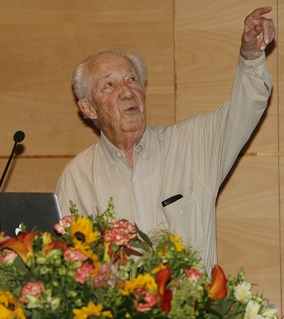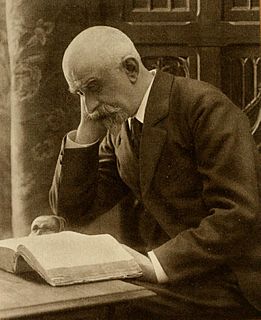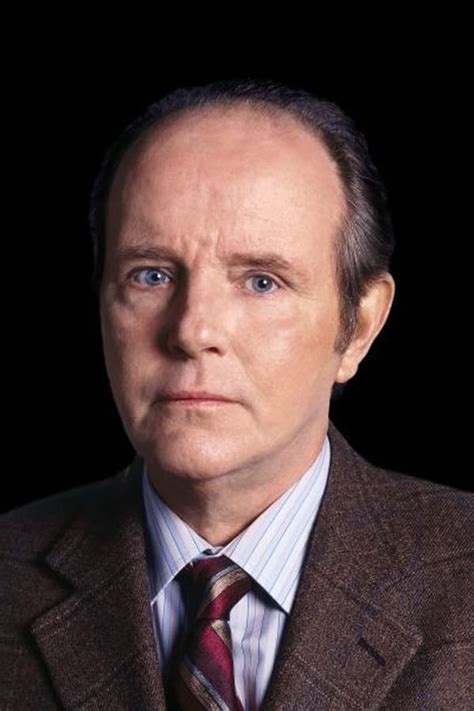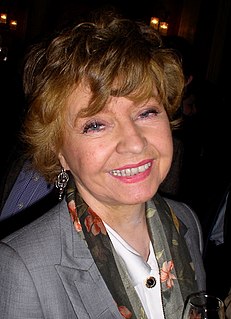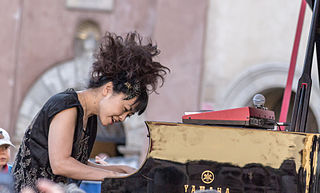A Quote by Christian de Duve
My education, according to the tradition of the Jesuit school which I attended, had been centered on the 'ancient humanities', and I was strongly attracted to the more literary branches.
Related Quotes
It is not education, but education of a certain kind, that will serve us. And the current model of western, urban-centered, school-based, education, which is so often more focused on turning children into efficient corporate units rather than curious and open-minded adults, will only lead us further down the wrong path.
...he shrunk more and more from the realities of life and above all from the society of his day which he regarded with an ever growing horror,--a detestation which had reacted strongly on his literary and artistic tastes; he refused, as far as possible, to have anything to do with pictures and books whose subjects were in any way connected with modern existence.
Nothing could have been worse for the development of my mind than Dr. Butler's school, as it was strictly classical, nothing else being taught, except a little ancient geography and history. The school as a means of education to me was simply a blank. During my whole life I have been singularly incapable of mastering any language. Especial attention was paid to versemaking, and this I could never do well. I had many friends, and got together a good collection of old verses, which by patching together, sometimes aided by other boys, I could work into any subject.
In the early 1970s in Atlanta, I attended what had formerly been an all-white school but had become a black school after integration and white flight. Perhaps because of this, the teachers created a curriculum that included a focus on African American literature and history year-round, not just in February.
